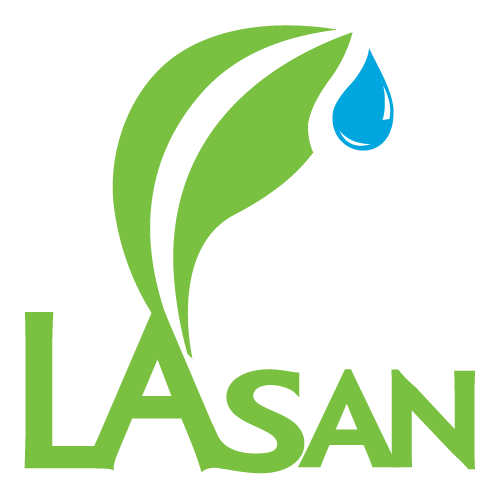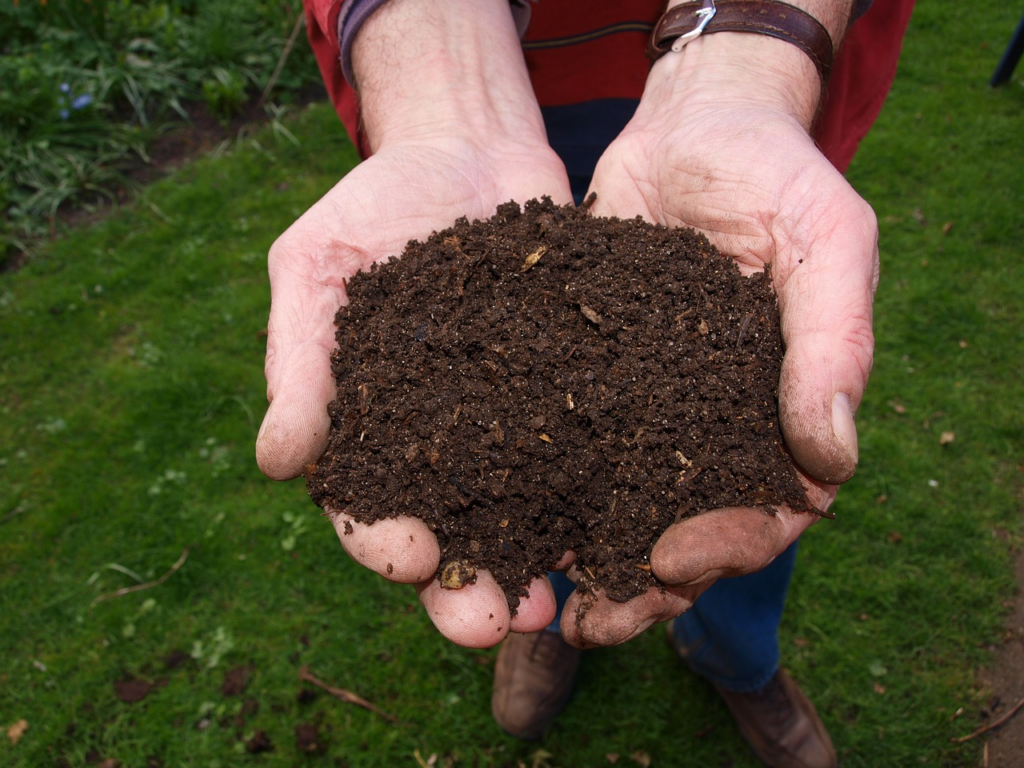Did you know that food scraps and yard waste make up a whopping 30% of the stuff we throw away? Repurposing organic leftovers to create compost helps free up space in landfills, curb the greenhouse-gas emissions coming from those landfills and reduce a garden’s need for fertilizers and pesticides. Nicknamed “black gold” by master gardeners, compost is a nutrient-rich, vibrant material that enriches the soil, holds on to more water and encourages your plants to thrive.
So are you ready to create some black gold in your backyard? Here are a few do’s and don’ts to get you started and help you make the most of your compost pile:
Do pick the right spot and the right ingredients. Whether you’re making an old-fashioned pile next to the vegetable garden or using a back yard compost bin, select a dry, shady spot close to a water source. As far as ingredients, include browns (think dead leaves, branches, twigs, dried tomato vines and pine needles) greens (fruit and veggie scraps, coffee grounds, tea leaves, eggshells, grass clippings, dead houseplants, weeds and grass clippings) and water to break it all down. Fun Fact: Adding grass clippings frequently will ward off fruit flies and prevent odors.
Do layer. Start your compost pile with three inches of brown materials and top with three inches of green material. Continue alternating brown and green, watering each layer, until the pile is 4 feet tall or fills the bin.
Do use it freely. Your compost is ready when it’s dark brown or black, soft and mostly smooth (you shouldn’t see any carrot tops or dried leaves). Mix the compost into your garden soil or use as a supplement to container plants.
Don’t add meat, fats, oils, dairy products or pet waste to your pile. These can create odors that attract pests or allow bacteria to grow, which is harmful to your family and pets.
Don’t neglect your compost pile. Turn it every few weeks with the help of a shovel or pitchfork or give the tumbler a crank. This step speeds up decomposition by giving those browns and greens the oxygen they need to break down fast.
Don’t let your pile go dry. Moisture’s essential to the decomposition process, so make sure your compost stays damp by adding water regularly. Just be careful to avoid overwatering—the pile needs to be damp, not sopping wet. Too much moisture can attract flies and trigger mold.
LA Sanitation has many resources available for LA’s gardeners including urban gardening and composting videos. Please visit our composting page to learn more.



 ">
">


